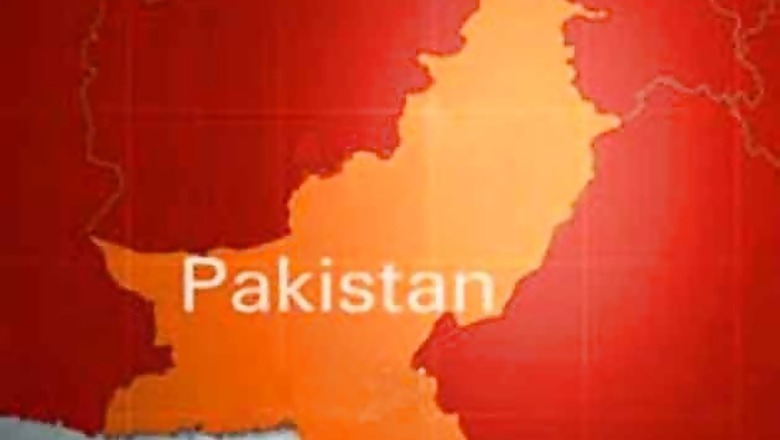
views
Washington: As ISI chief Lt Gen Zaheer-ul-Islam held crucial talks with his CIA counterpart David Petraeus, a damning report by a prestigious US military academy has said that the dreaded Haqqani Network receives financial and logistic support from the Pakistani military.
The report on financing of Haqqani network by Combating Terrorism Center of the US Military Academy in West Point, New York, also said the Afghan Taliban-linked group has a massive network of "mafia"-style financing operation that relies on extortion, kidnapping, smuggling and ties to legitimate businesses.
It, however, noted that the relationship between the Haqqani network and the Pakistani spy agency ISI is not that smooth as being seen from the outside world and very often there is friction between the two.
"There is difference between having a relationship and being under control," said a senior Pakistani religious figure with close ties to the network. "They have a relationship with the ISI, but they are not under their control."
While both the Pakistani Embassy here and the CIA did not divulge the details of the meeting between Islam and Petraeus, it is believed that the latter pushed the Pakistani spy chief to take more strong action against the Haqqani network.
The US identifies Haqqani network, allied with al-Qaeda and Taliban, as one of its most potent enemies in Afghanistan.
"In addition to private donors, the network has continued to receive financial and logistical support from the Pakistan military, and continues to maintain close operational ties with the ISI," the report said.
It said that historical communication logs between the Haqqani network and the ISI, which are now publicly available, suggest a link between the two.
"Islamabad has repeatedly and vigorously denied it provides material or logistical support to the Haqqani network. However, Pakistan has resisted US pressure to launch military operations against the Haqqanis, and then-CIA chief Leon Panetta has openly confronted his counterpart in the ISI over evidence that Pakistani authorities alerted Haqqani members ahead of a raid in North Waziristan," the report said.
The report said that over the past three decades the Haqqanis have penetrated key business sectors, including import-export, transport, real estate and construction in Afghanistan, Pakistan, the Arab Gulf and beyond.
The Haqqanis employ violence and intimidation to extort legal firms and prominent community members, and engage in kidnap for ransom schemes.
"The network's resiliency can be credited as much to military prowess as to the Haqqanis' capacity to network with Pakistan's Inter-Services-Intelligence (ISI) directorate, other militant groups (in particular al-Qaeda), and key religious figures," the 75-page report said.
"The Haqqanis also appear to operate their own front companies, many of which appear to be directed at laundering illicit proceeds," it said.
This report makes the case that, over three decades of war, the Haqqanis have evolved into an efficient, transnational jihadi industry, one which supports their war effort, and which is supported by it.
According to the report, the Haqqanis' capacity to raise funds from ideological supporters requires continued struggle, and their capacity to profit off key business activities, in particular extortion, kidnapping and smuggling, depends on a sustained state of insecurity and limited state influence.
"Similar to the Sicilian mafia, which emerged in the 19th Century in a period when the Italian state was weak, the Haqqani network today is a hybrid organization that is at once political and criminal in nature," the report said.
Financial records for the network obtained by the US military demonstrate that the group has long obtained the bulk of its logistical supplies in Pakistan, and operates across the country, not just in the tribal areas.




















Comments
0 comment